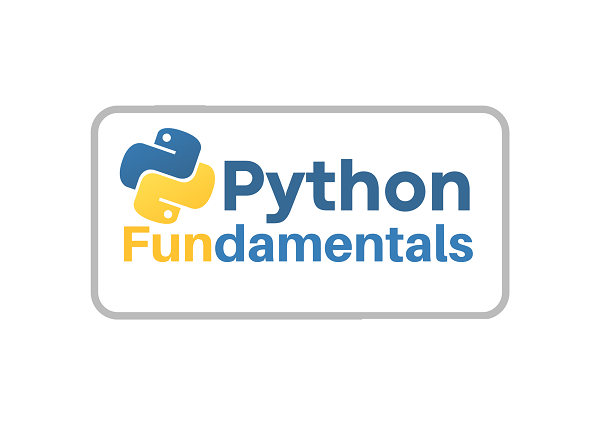Machine Learning Algorithms Help Astronomers Discover New Exoplanets
Exciting news in the world of astronomy! Machine learning algorithms are changing the way astronomers search for exoplanets. Read about the latest research and discoveries in this fascinating field.
Machine Learning Algorithms Help Astronomers Discover New Exoplanets Image (Image credit: University of Georgia)
The use of machine learning algorithms in the field of astronomy has led to exciting discoveries in the search for exoplanets. Researchers are finding that these algorithms can help to identify new planets that may have gone undetected with traditional methods. Read on to learn more about the latest developments in this exciting field.
For the first time, researchers at the University of Georgia have employed machine learning models to detect a planet that had not been identified before.
By utilizing machine learning tools, a group of scientists has verified the existence of a planet outside our solar system that was previously unknown. This remarkable achievement demonstrates the potential of machine learning to accurately identify the presence of exoplanets within the gas surrounding newly formed stars.
The study published in The Astrophysical Journal, as per the researchers, marks an initial stride in leveraging machine learning to identify exoplanets that may have been disregarded previously.
Jason Terry, the lead author of the study and a doctoral student at the University of Georgia, stated in a press release, “We confirmed the planet using traditional techniques, but our models directed us to run those simulations and showed us exactly where the planet might be”.
Upon analyzing an earlier set of astronomical observations using machine learning models, the researchers observed several images that focused on a specific area of the "protoplanetary disc," which is the dense gas disk surrounding a newly formed star. The models indicated the presence of a planet based on these findings.
The researchers noted that the gas in that segment of the disk displayed an atypical variation in velocity, which is a distinctive indication of the presence of a planet.
Cassandra Hall stated that machine learning was previously employed solely to identify developing exoplanets that were previously recognized. The researchers have now confirmed that these models can be utilized to uncover entirely novel findings.
In this instance, the models were able to identify a signal in the data that had already been analyzed, which other researchers had overlooked. According to Terry, this signifies that machine learning can promptly and precisely identify crucial information that may go unnoticed by humans.




Comments
Post a Comment